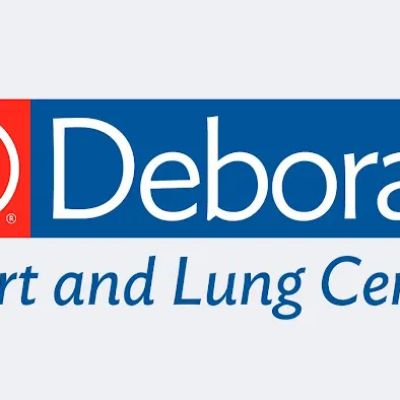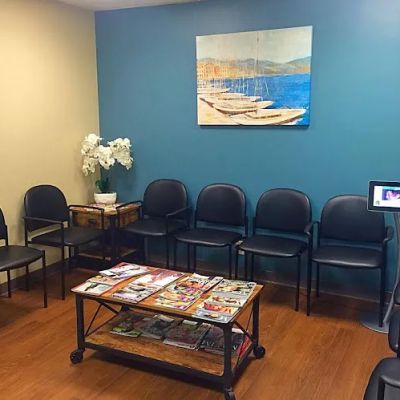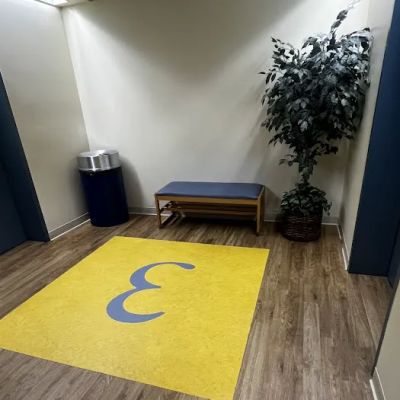How Cardiologists Help Manage Congenital Heart Defects: A Comprehensive Guide
- 1. Understanding Congenital Heart Defects
- 2. The Role of Cardiologists in Managing Congenital Heart Defects
- 3. Diagnosis and Treatment Options for Congenital Heart Defects
- 4. Long-Term Care and Follow-Ups for Children with Congenital Heart Defects
- 5. Patient Stories: Successful Outcomes in Congenital Heart Defect Management
1. Understanding Congenital Heart Defects
Congenital heart defects (CHDs) are conditions that affect the structure of a child's heart and are present from birth. These defects can range from mild issues to life-threatening conditions that require immediate medical intervention. According to the Centers for Disease Control and Prevention (CDC), congenital heart defects are one of the most common birth defects, affecting approximately 1 in 100 babies born in the United States. Understanding the types and severity of these defects is essential for effective treatment and management.

2. The Role of Cardiologists in Managing Congenital Heart Defects
Cardiologists, particularly pediatric cardiologists, play a vital role in managing congenital heart defects. These specialists are trained to diagnose, treat, and monitor heart conditions in children. The journey starts with early diagnosis, often through routine screenings after birth. Cardiologists use advanced diagnostic tools like echocardiograms, electrocardiograms, and MRIs to identify and assess the defect’s severity.
Once a diagnosis is made, the cardiologist develops a personalized treatment plan, which may include medication, lifestyle changes, or surgical interventions, depending on the defect's nature. For many children, cardiologists provide continuous monitoring to ensure the heart is functioning well as the child grows. Their expertise ensures that both the immediate and long-term health of the patient is managed effectively.
Deborah Heart and Lung Center
deborah heart and lung center
200 Trenton Rd, Browns Mills, NJ 08015, USA

3. Diagnosis and Treatment Options for Congenital Heart Defects
Diagnosing congenital heart defects involves a combination of medical history reviews, physical exams, and advanced diagnostic tests. Early diagnosis allows cardiologists to determine the most suitable course of action. Some common treatments for congenital heart defects include:
- Medication: To manage symptoms such as irregular heart rhythms or high blood pressure.
- Surgical Procedures: In cases where the defect is severe, surgery may be required to correct or improve heart function. Some surgeries are done early in life, while others may be necessary later as the child grows.
- Catheter-based Procedures: For some types of heart defects, minimally invasive procedures like balloon angioplasty or stent placement can improve heart function without the need for traditional surgery.
For more complex cases, cardiologists may work closely with pediatric cardiac surgeons to determine the best approach. Follow-up appointments are crucial in monitoring the heart’s health and ensuring that any changes or complications are addressed promptly.
4. Long-Term Care and Follow-Ups for Children with Congenital Heart Defects
The management of congenital heart defects doesn’t end with surgery or treatment. Children with heart defects require long-term care and regular follow-ups to ensure they are growing and developing properly. Cardiologists monitor the child’s heart health as they age, making adjustments to medications, therapies, and lifestyle recommendations as necessary.
As the child becomes an adult, the cardiologist's role transitions into managing any ongoing heart health concerns and preventing complications such as heart failure or arrhythmias. This ongoing care ensures that children born with congenital heart defects can lead fulfilling and active lives.
5. Patient Stories: Successful Outcomes in Congenital Heart Defect Management
Many children born with congenital heart defects lead healthy, active lives due to early diagnosis and effective treatment by cardiologists. Take, for example, Emma, a young girl born with a hole in her heart. After undergoing surgery at the age of six months, Emma received regular checkups and is now an active 10-year-old, living without significant restrictions. Stories like Emma’s are a testament to the skill and dedication of cardiologists in managing congenital heart defects.
With advancements in medical technology and treatment techniques, the outlook for children born with congenital heart defects has improved dramatically, and cardiologists continue to provide invaluable support to ensure the best possible outcomes for their patients.
In conclusion, cardiologists play a critical role in managing congenital heart defects, offering expert care from diagnosis through treatment and long-term follow-up. If you or your child is facing a congenital heart defect, consulting with a skilled cardiologist is essential to achieving the best health outcomes. To learn more about congenital heart disease management and find expert cardiologists, visit us at [Your website name].






















Hoag Urgent Care Irvine - Sand Canyon
hoag urgent care
16205 Sand Canyon Ave Suite 100, Irvine, CA 92618, USA